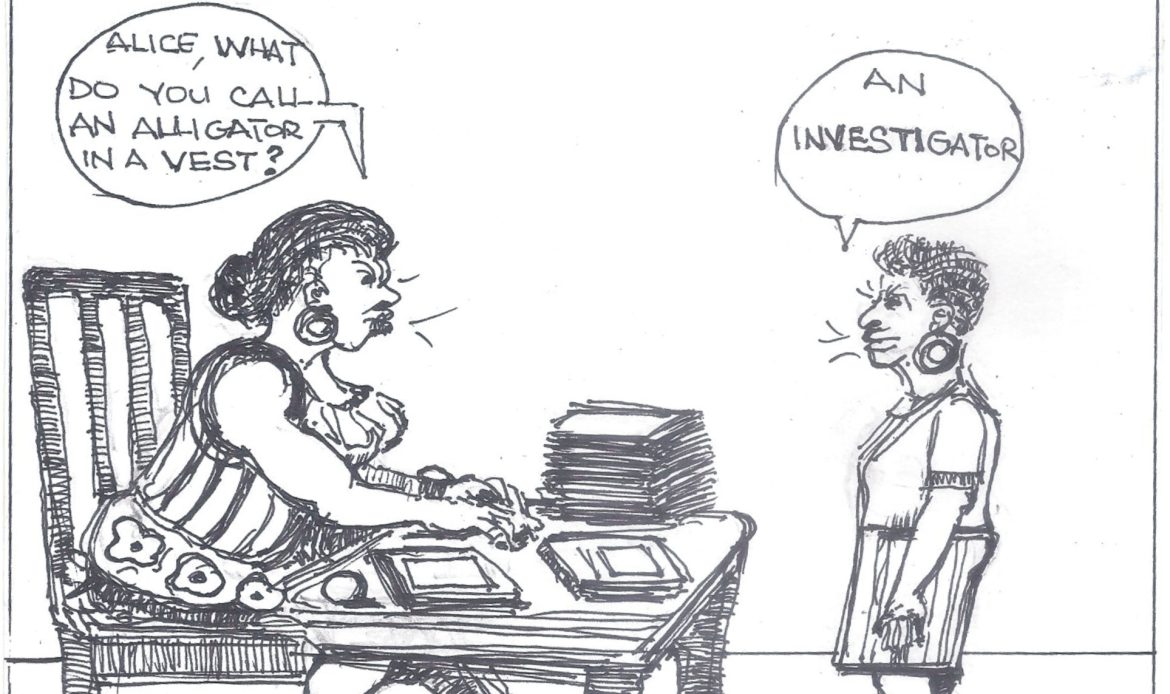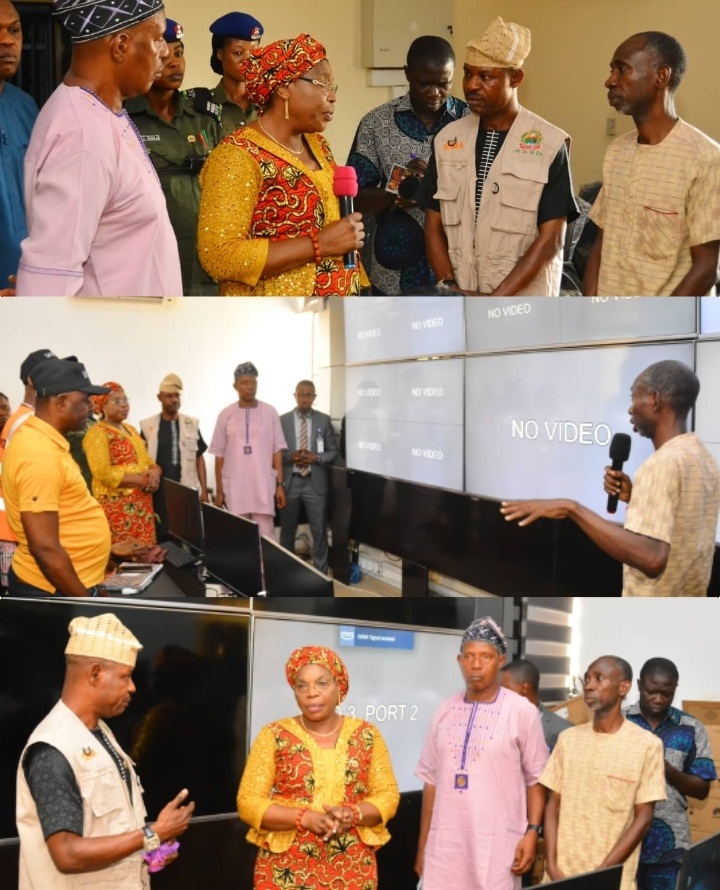Developing Our Country Through Education
GENERALLY, and globally, educational institutions are established to train individuals for national development. No society grows beyond its educational institutions especially at the tertiary level. But the reverse is the case with Nigeria as there appears to be a disconnect between the institutions, particularly the universities which are the citadel of learning, and the society. In this regard, the governance system in Nigeria has been carried out, over the years, without the input of educational institutions despite having a robust policy for the sector.
THE national policy on education in Nigeria clearly articulates government goals, regulations, anticipations, expectations, requirements and standards to ensure quality delivery towards actualising national goals using education as a tool. Specifically, some of the objectives of the national policy on education in Nigeria include: “Modern education techniques shall be increasingly used to improve all the levels of the educational system; Education shall continue to be highly rated in national development plan of the country; Education and training facilities shall continue to be expanded in response to social needs and made progressively accessible to all individuals to be afforded a more diversified and flexible choice; Educational activities would be centered on the student for maximum self-development and self-fulfillment; and Efforts shall be made to relate education to overall community needs.”
HOWEVER, the clear objectives of the nation’s education policy have not been translated to any meaningful development as there appears to be a lacuna between the policy makers and the institutions that should pilot the development. It is worrisome to state that government has no regard or value for research as the basis for its actions towards nation building and development. Whereas in saner climes, governments act on the basis of research findings from the institutions but in Nigeria, such research findings gather dust in the shelves or archives of tertiary institutions across the country.
THIS disconnect is due to a number of factors. First, inadequate of or outright lack of funding education by the government has reduced our tertiary institutions to mere certificate awarding institutions instead of being producers of experts that will drive development. Despite Nigeria’s focus on science and technology education, there are no facilities and resources to run the classrooms and laboratories where ideas are translated to inventions. Therefore, government should stop paying lip service to science education by investing hugely in the sector. This should be done without neglecting the social sciences and humanities which should be channeled towards developing the minds and orientations of the people towards national development.
SECOND, the curricula in our citadel of learning are not in tandem with the objectives of our educational policy. The current curriculum trains students for the use of other nations. Most of the curricula were written by the colonial masters in line with their country’s cultural and developmental models. There is the need to domesticate our curriculum which must be development-tailored for the country. Our universities should focus on the development of their immediate environment. Researches must be based on the development of the immediate community and society in which they operate. Universities must think local. Most companies operating in Nigeria are owned and run by foreigners whose allegiance is to their home countries, hence, their non-commitment to funding education in Nigeria.
STILL, the orientation of our education managers is at variance with our aspirations for national development as emphasis is placed more on theoretical means of evaluating knowledge (examinations) rather than on skills. Thus, our evaluation method tends to test the student’s cognitive domain rather than the affective and psychomotor (skills). This is why students devise all means to pass exams including cheating and pirating/dubbing ready-made research works.
ON the part of teachers, especially at the university level, the focus has been on publishing articles in journals for getting promotion rather than teaching for excellence. This has made lecturers to abandon writing relevant books with local content to strictly writing articles for publications in foreign journals which are more or less the sole yardstick for earning promotion in Nigerian varsities. Unfortunately, publications in these foreign journals, being demanded by Nigerian universities for promotion, have little or no impact on our national development as they are hardly read by students and cited by scholars. Therefore, we now have many professors in the universities who are not professing any impactful contribution to national development.
WHILE acknowledging the fact that government alone cannot sufficiently fund and run education for its over 200 million populace, we equally note that the involvement of the private investors in the sector has not really helped matters. This is because the establishment of schools, colleges and universities by private individuals and corporate bodies is more for profit than for national development. To this end, anything including standards are compromised in favour of those who can afford the huge fees being charged by these institutions. Unless something is done urgently to arrest the drift, the actualization of the start-up law recently enacted in Nigeria will be a mirage.











